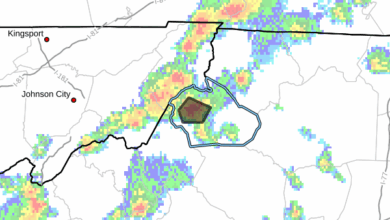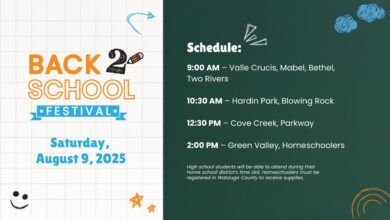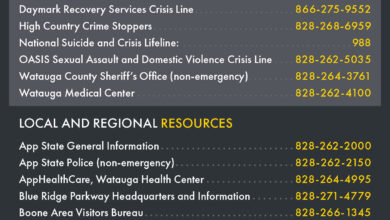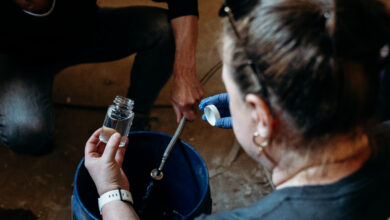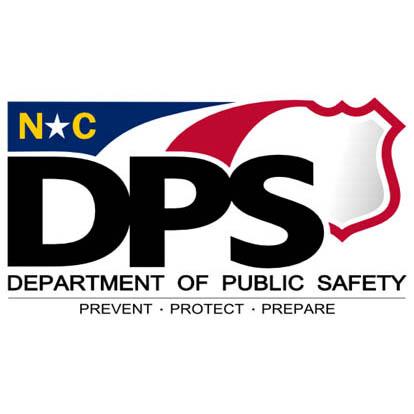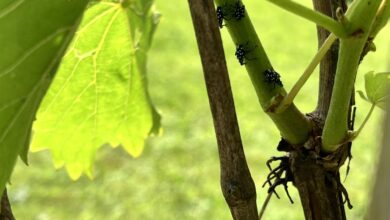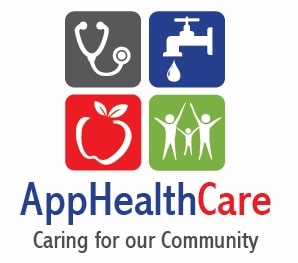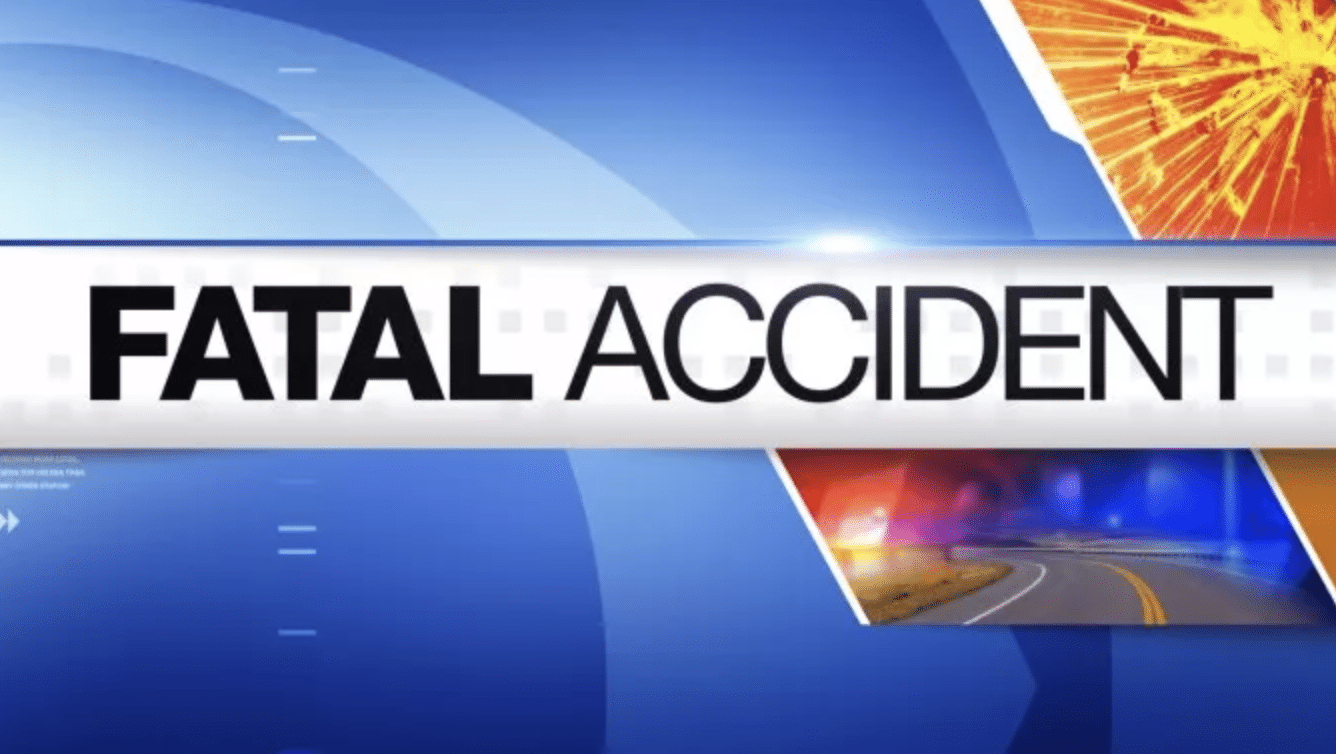
Last Updated on September 27, 2020 3:38 pm
Appalachian State University and Appalachian District Health Department (AppHealthCare) are working closely together to investigate and respond to two active clusters of confirmed COVID-19. A cluster is defined by the North Carolina Department of Health and Human Services as a minimum of five cases with illness onsets or initial positive results within a 14-day period and plausible epidemiologic linkage between cases.
Currently, there are nine students associated with the Alpha Delta Pi sorority who have tested positive within the past 14 days. Seven are recovering in active isolation and two are past the isolation stage.
Additionally, there are seven students in the Raven Rocks residence who have tested positive within the past 14 days. All seven are recovering in active isolation. AppHealthCare and App State have been providing support to the students and have been working with them to continue to identify close contacts.
Public health staff are identifying and reaching out to all identified close contacts of those who have tested positive. A close contact is defined by the Centers for Disease Control and Prevention as someone who has been within 6 feet of an infected person for more than 15 minutes.
App State is holding a pop-up testing event today (Sept. 26) in the Rivers Street Parking Deck from noon-5 p.m. Students, faculty and staff can walk up or drive up for a free COVID-19 test. No appointments are required, but you will be asked to show your AppCard. These free pop up testing events will take place every Saturday in September and October. AppHealthCare and App State encourage members of the university community to take advantage of these testing opportunities. The more information we have, the better we are able to respond to active cases and help prevent the further spread of COVID-19.
It is important to note that in some instances, the definition of a cluster is not met until after a number of the cases in the clusters are no longer active. This can be due to a variety of reasons, including the number of cases identified in a 14-day time period, contact tracing to identify and determine plausible epidemiologic linkage, and COVID testing and results. Responding to calls and inquiries from public health officials who are tracing close contacts is extremely important for a rapid response from AppHealthCare and App State.
AppHealthCare has been working closely with App State throughout the COVID-19 response, and continues to provide public health recommendations and guidance for infection and virus transmission prevention. AppHealthCare will closely monitor the active cases and continue to conduct response testing in coordination with App State.
How to help prevent the spread of COVID-19:
The actions of each person can help flatten the App State curve:
- Remember to perform your daily health check each day before leaving your residence hall or coming to campus. If you are feeling sick or experiencing COVID-19 symptoms, please do not attend class or be around others.
- Students, faculty and staff can report illness or exposure using this online web form.
- Follow the 3Ws when you leave your home and are around others: wear a cloth face covering over your nose and mouth, wash your hands or use hand sanitizer and wait to maintain at least 6 feet of distance from others.
- If you receive a call from public health, it is critically important to cooperate with the contact tracing process. This allows public health and the university to work together in implementing the appropriate measures to control the spread of this virus. The information we receive from individuals who are positive or are close contacts is intended to guide our response efforts. There is no punishment for individuals who disclose their close contacts, and AppHealthCare and university staff will not share personally identifying information.
- Download and install the SlowCOVIDNC mobile app for free from the App Store or Google Play to anonymously share a positive COVID-19 result or receive a notification if you have been in close contact with someone who tested positive for COVID-19 in the past 14 days. Your privacy is protected. Learn more at covid19.ncdhhs.gov/slowcovidnc.
Where to get a COVID-19 test:
App State will have pop-up testing events every Saturday in September and October in the Rivers Street Parking Deck from noon-5 p.m. No appointments are required, but you will be asked to show your AppCard.
Additionally:
- If you are a student, contact Student Health Service for an appointment. Tests are conducted weekdays. Clinic hours are Monday, Tuesday, Thursday and Friday from 8 a.m. to 4 p.m., and Wednesday 9 a.m. to 4 p.m. Information on the types of tests available and how to make an appointment to get tested are available on the Student Health Service website.
- Faculty, staff and students can be tested by AppHealthCare Monday-Friday. AppHealthCare will serve anyone, regardless of ability to pay. Schedule a test with AppHealthCare by calling the AppHealthCare COVID-19 Call Center at 828-795-1970. Appalachian Regional Healthcare System and many primary care providers also offer testing.
- For a list of testing locations in Watauga County, click here.
- For a list of testing locations in Ashe County, click here.
- For a list of testing locations in Alleghany County, click here.
The North Carolina Department of Health and Human Services (NCDHHS) offers two additional tools to help you determine whether you should be tested and find testing sites:
- Visit the Check My Symptoms site here
- Visit the Find My Testing Place here
Find information about additional testing options for App State students, faculty and staff on the university’s dedicated coronavirus website.
How to Protect Yourself and Others:
This virus spreads most commonly through respiratory droplets when someone coughs or sneezes and is in close contact with another person. Close contact is defined by the Centers for Disease Control & Prevention (CDC) as 6 feet of distance or less for 15 minutes or longer. In a setting where people are in close contact with others and not practicing the 3Ws, there is an increased risk of exposure.
- Wear a cloth face covering over your nose and mouth
- Wash your hands often or use hand sanitizer
- Wait at least 6 feet from others
- Stay home when you’re sick
- Keep distance from others who are sick
- Avoid touching your face
- Avoid crowded areas
- Clean and disinfect high touch surfaces in common areas like doorknobs, remotes, light switches, tables and handles.
Symptoms of COVID-19:
Symptoms may appear 2-14 days after exposure. According to the Centers for Disease Control & Prevention (CDC), people with COVID-19 have had a wide range of reported symptoms. These include:
- Fever or chills
- Cough
- Shortness of breath or difficulty breathing
- Fatigue
- Muscle or body aches
- Headache
- New loss of taste or smell
- Sore throat
- Congestion or runny nose
- Nausea or vomiting
- Diarrhea
Where to find more information:
For more information related to COVID-19, including local data, visit AppHealthCare’s website. AppHealthCare reports data to App State for students, employees and subcontractors who are confirmed positive. App State maintains a data dashboard for cumulative confirmed cases and active cases. University-specific information and data are available on the App State coronavirus website.
AppHealthCare’s COVID-19 call center is available from 8 a.m. to 8 p.m. each day to take COVID-19 related inquiries. Call 828-795-1970. You can also email questions to preparedness@apphealth.com.
AppHealthCare is available and on-call 24/7 to respond to public health emergencies. Call anytime and follow the prompts:
- Watauga County: 828-264-4995
- Ashe County: 336-246-9449
- Alleghany County: 336-372-5641







